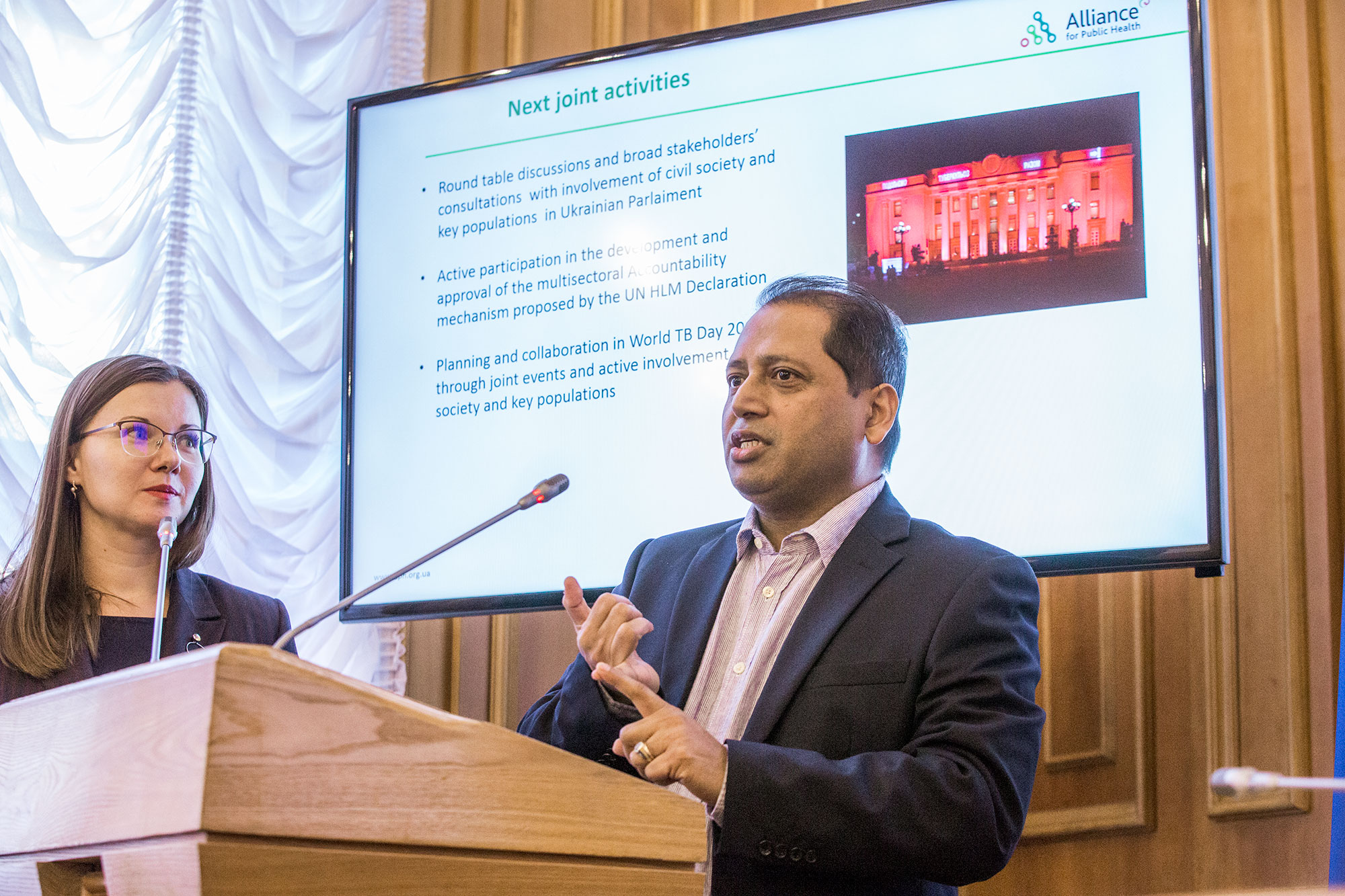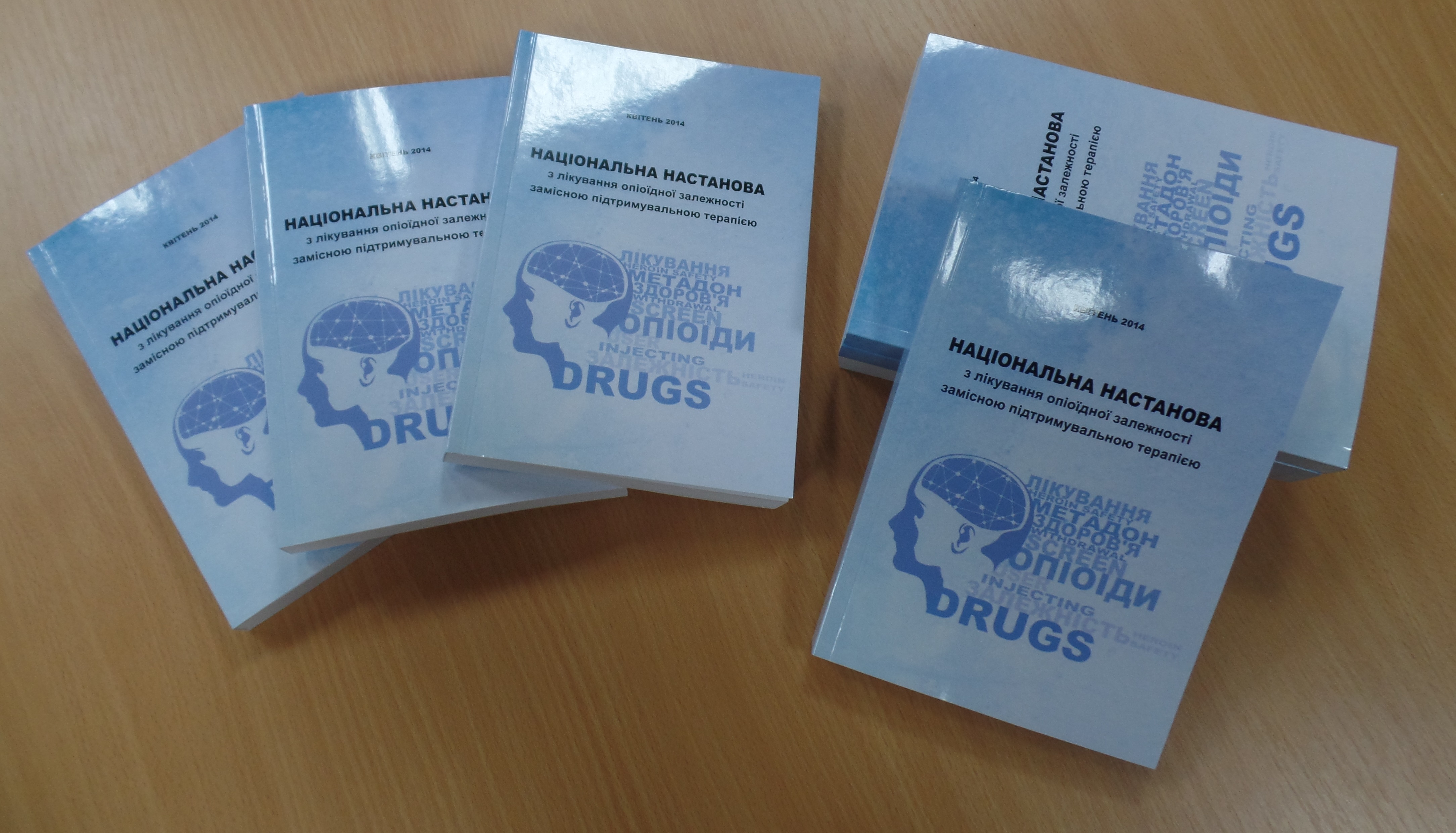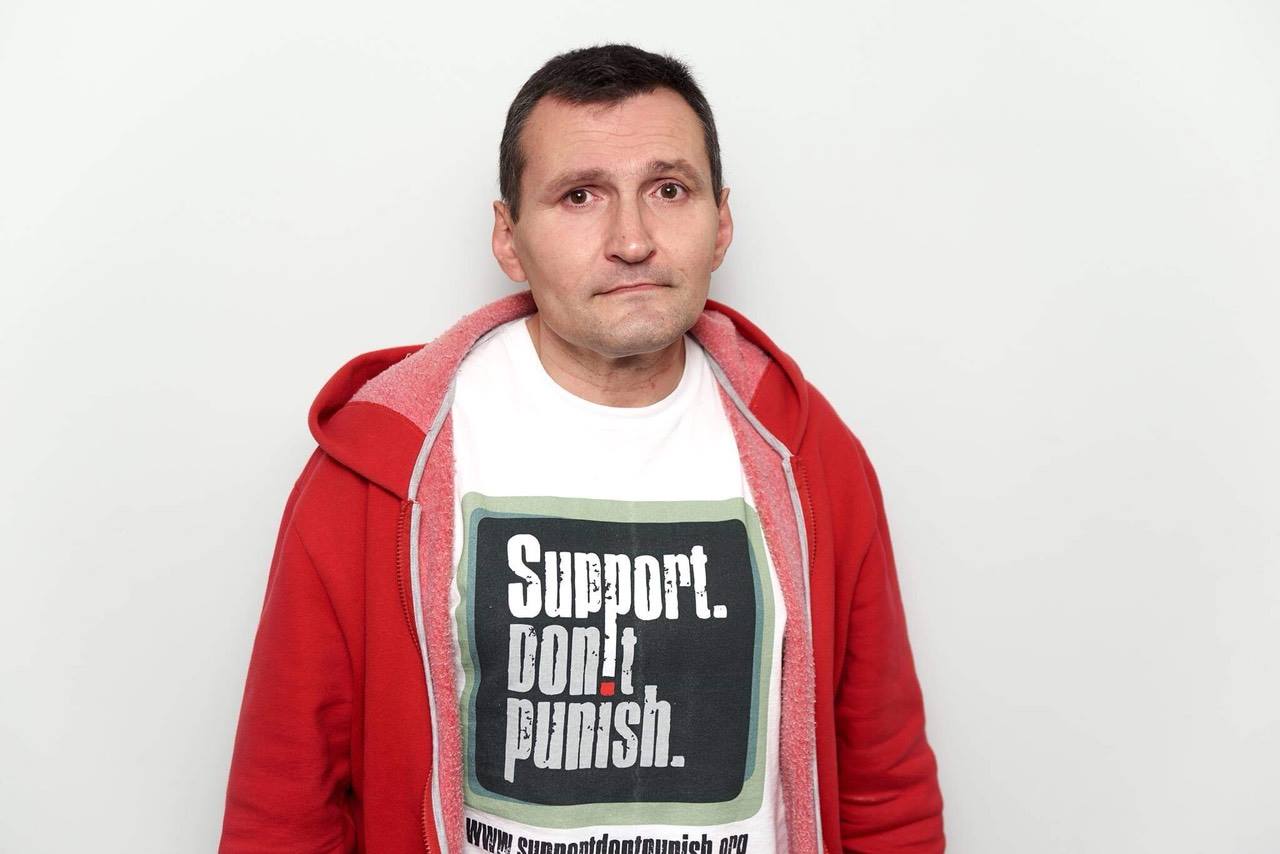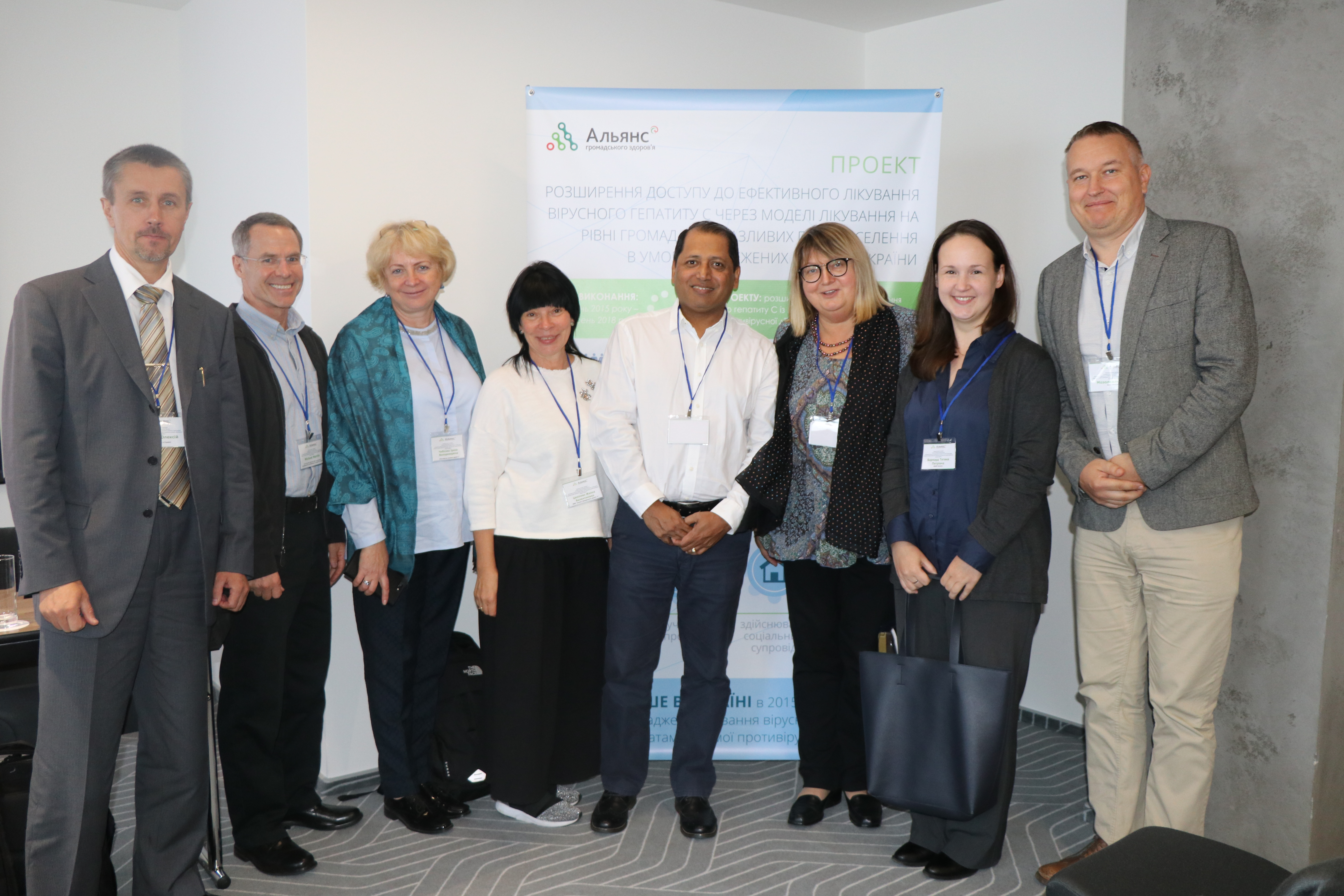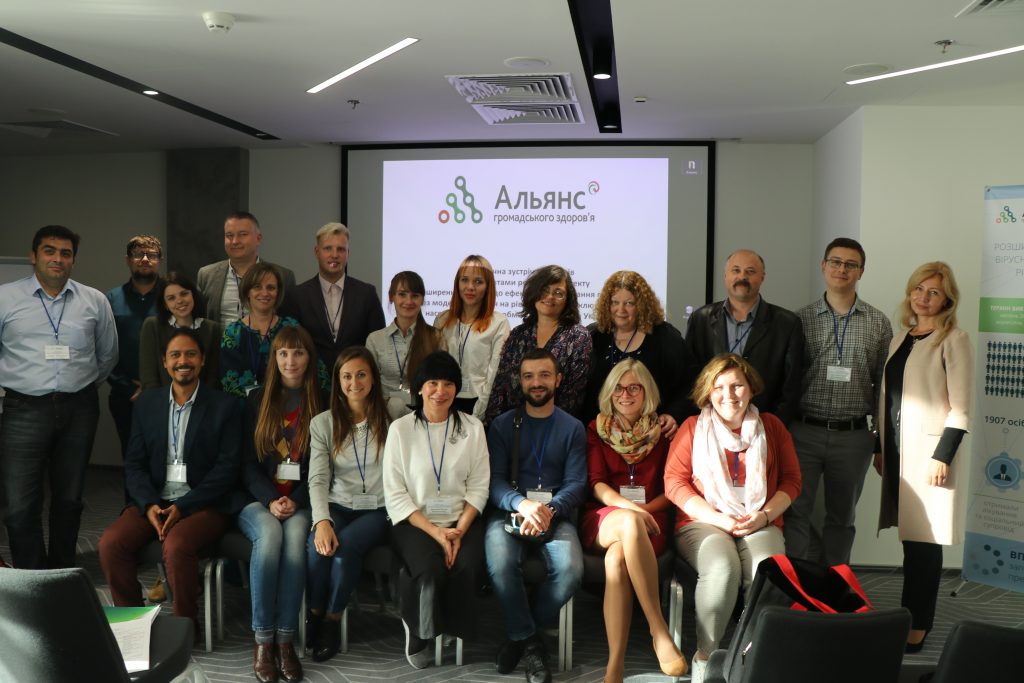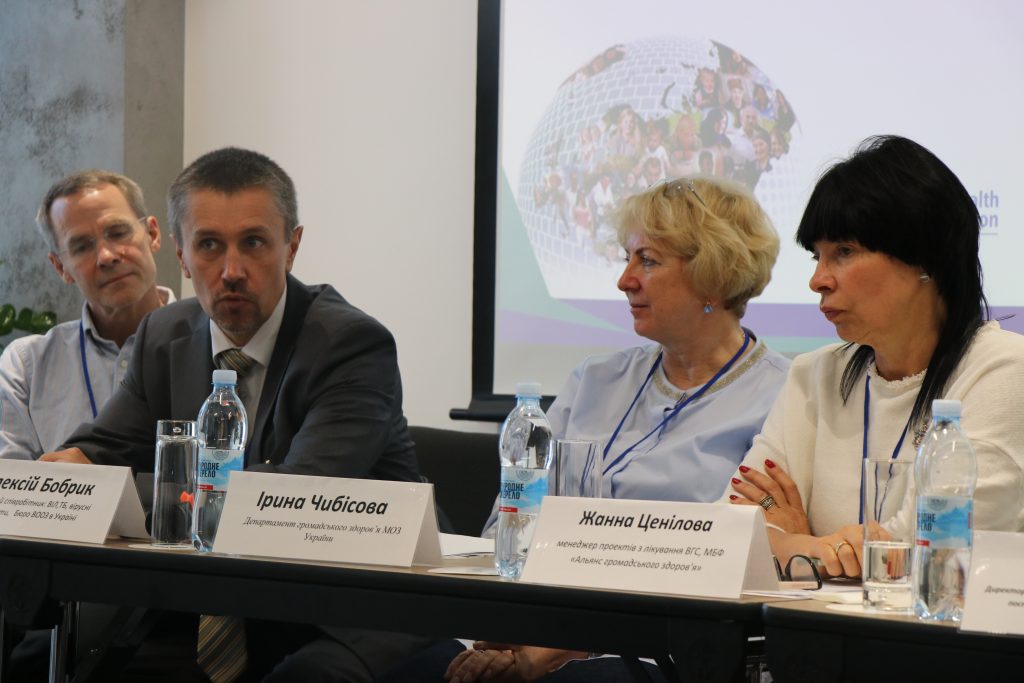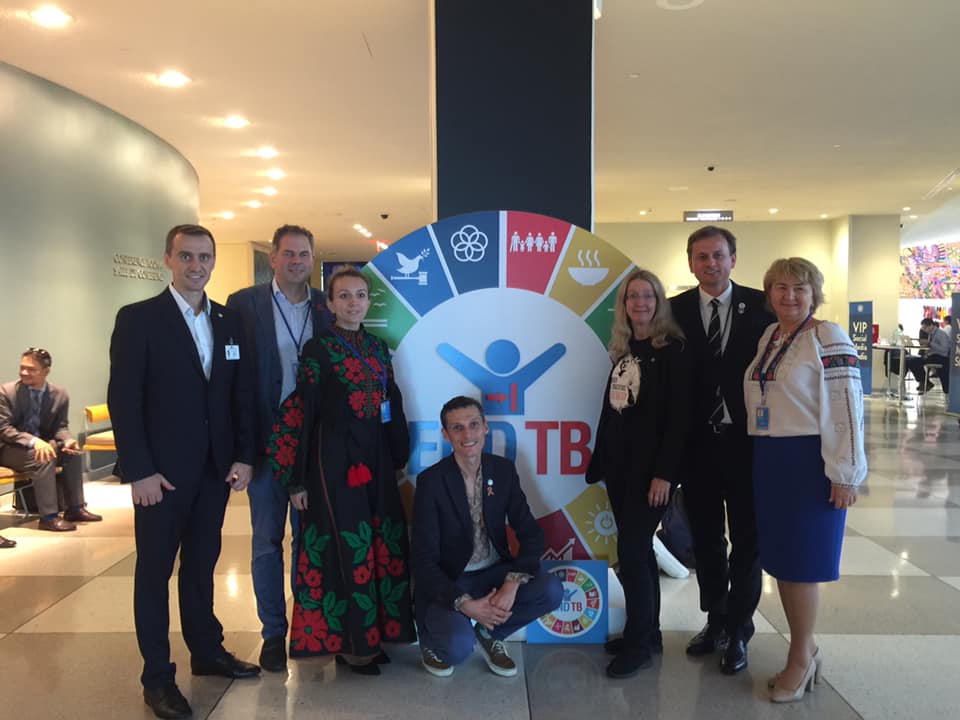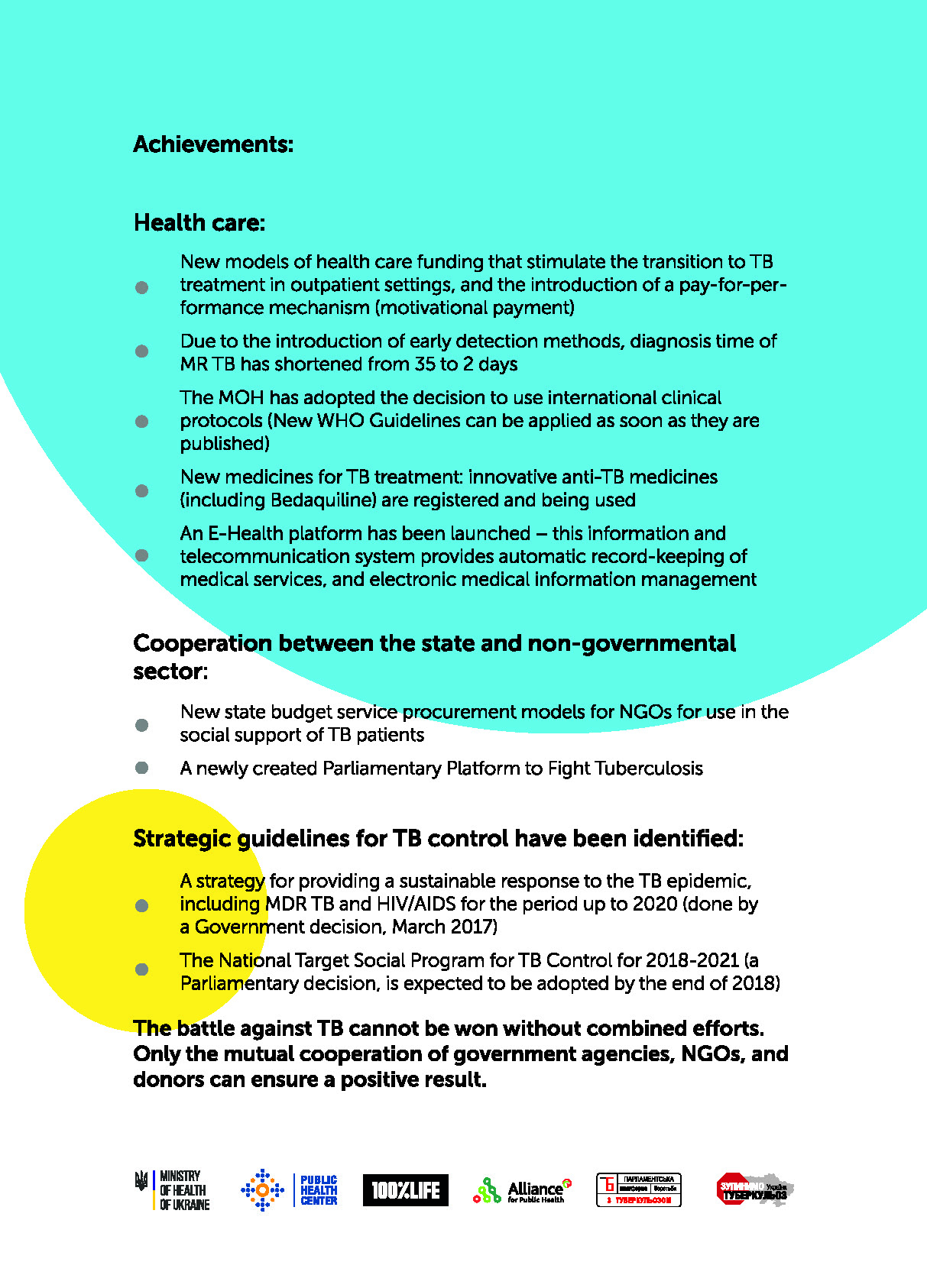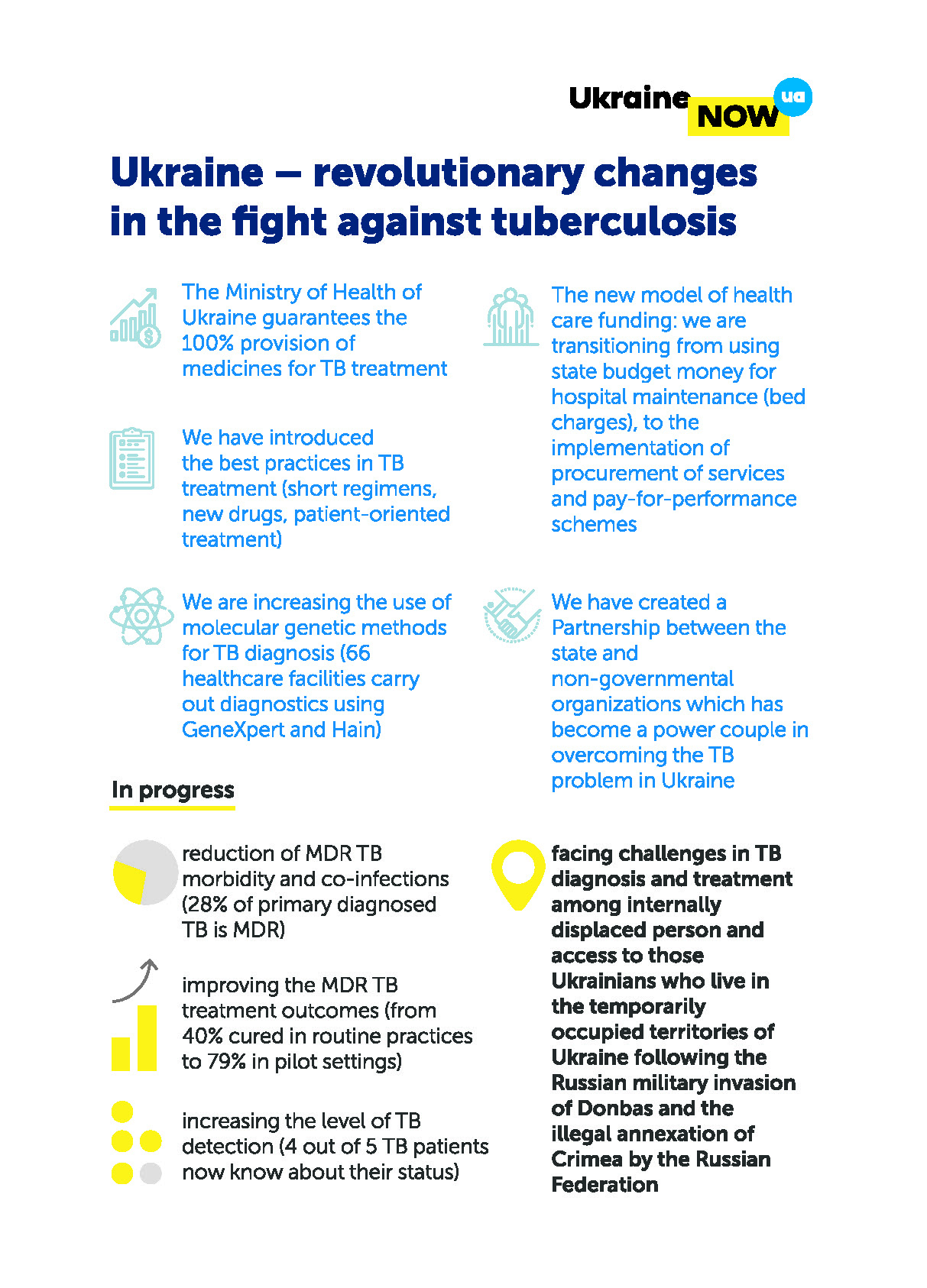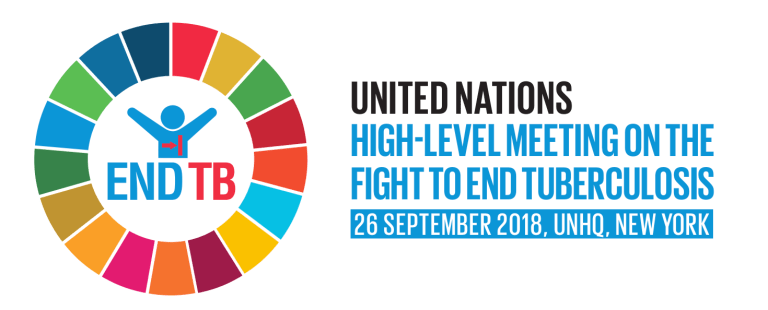On October 18-20, the 18th National LGBTI Conference of Ukraine, a national scale event, takes place in Kyiv. The event brought together more than fifty hundred male and female activists of the civil society movements pursuing human rights and freedoms for lesbian, gay, bisexual, transgender and intersex people; experts on epidemic well-being; specialists involved in ensuring access to medical and social services for gay, bisexuals and trans* people; representatives of many partner organizations and international assistance projects to Ukraine. The event takes place at the initiative and with the support of the ICF “Alliance of Public Health” and a number of other partners.
“The purpose of this all-Ukrainian gathering is to determine the priorities of the LGBTI movement in the human rights and health sector, as well as to include the LGBTI issue on the political agenda”, said Andriy Chernyshev, the coordinator of the preparation of the national conference, a representative of Kyiv civil society organization “ALLIANCE.GLOBAL”.
“The Country of Free People: Equal Opportunities for All” is the motto of this year’s national LGBT-conference. The versatile program of the 18th Conference included in-depth discussions on the development of the LGBT-movement, the report on the latest national and regional achievements related to health and community access to health and social services, presentations with the results of the innovative revolutionary research. This year’s innovation is that a number of sections of the National Conference are open to all interested parties, however, upon preliminary registration.
A significant number of studies and reports at the Conference will address the health of LGBTI community, in particular, post-exposure prevention, or PrEP, the cutting-edge HIV prevention method for the most sexually active people, which has already gained wild popularity in Western Europe and is beginning to conquer Ukraine. The participants will learn about the main trends in the spread of HIV and choose strategies to foster a friendly attitude of doctors to LGBTIQ patients.
“The Alliance of Public Health was one of the two co-organizers of the First National LGBTI Conference of Ukraine. Since then, more than 10 years have passed, but we continue to support and develop the LGBTI movement in Ukraine. The Alliance was the first in Ukraine to introduce pre-exposure prevention (PrEP) in Kyiv from November 2017 and is continuing this activity. The CDC funded 100 annual courses for men who have sex with men and for transgender people. Moreover, within this project, 1,500 annual courses were procured for the further scale-up of PrEP in other Ukrainian cities”, said Pavlo Skala, Associate Director: Policy and Partnership of ICF “Alliance of Public Health”.

The Conference will also focus on systematic analysis of the human rights situation for LGBTI in Ukraine and information on Ukraine’s successful implementation of the recommendations of the United Nations Global Commission on HIV and the Law on the protection of human rights and freedoms for LGBT people.
A lot of attention at this year’s Conference will be devoted to building trust and cooperation with political parties, because sooner or later open representatives of the LGBTI community will have to sit in the Parliament and the Government. Methods of addressing homophobia and transphobia will be discussed in detail. The topic of the rising Pride Movements will become a special highlight of the Conference, since this year, the Marches of Equality took place not only traditionally in Kyiv and Odesa, but also in the city of Kherson, the pearl of the South of Ukraine, and Kryvyi Rih, one of the major mining industry hubs.
The family topic will be profoundly explored debated in a brainstorming on the prospects of marital partnerships for LGBTI in Ukraine and in the therapeutic “momma-therapy” session, where parents of LGBTI children will share their stories. The voice of youth and adolescents will have a special prominence, whose representatives will talk about their motivation in activism, and “adult” LGBTI-organizations will include in their agenda a sensitive topic of work in the interests of LGBTI youth and teens.
Transgender people will speak in a narrow circle of stakeholders about the barriers to access to health services and the problems of the visibility of trans-communities in Ukraine. A plan to host the European Lesbian Conference in the Ukrainian capital will be presented to homo- and bisexual women.
A constellation of foreign guests was invited to participate in the landmark 18th Ukrainian LGBTI Conference. Among them are the LGBTI-organization “Da se zna!”, which resists hate crimes in Serbia; one of the leading LGBT organizations in Central Asia, Kyrgyz Indigo; a representative of the international organization Women`s March Global, a well-known Canadian transgender activist Mrs. Michelle Emson, as well as activists and activists, specialists and specialists from Sweden, Estonia, Latvia and Armenia.
The initiators and partners of the 18th National LGBTI Conference are the following organizations and projects: CO “100% Life”, National MSM Consortium founded this year by the NGO “Alliance.Global”, the League of LGBT “LIGA” Association and the “Gay Forum of Ukraine”, the Eurasian Coalition for Male Health (ECOM), KyivPride civil society organizations, Fulcrum-UA and Gay Alliance Ukraine, HPLGBT Transgender Self-Organization, National Democratic Institute for International Relations, USAID “HIV Reform in Action” international technical support project, Freedom House, Inc. in Ukraine, the United Nations Development Program (UNDP), the Joint United Nations Program on HIV/AIDS (UNAIDS), the International Charitable Organization “East Europe and Central Asia Union of People Living with HIV”. Importantly, for the first time in the history of national conferences, this year’s event is supported by the state represented by the Center for Public Health of the Ministry of Health of Ukraine.
“An extremely wide range of organizations and projects that support the National LGBT Conference politically or in terms of resources, including government bodies, demonstrates the commitment of our country to the transformative pursuit of human rights for all citizens, regardless of gender identity and sexual orientation, that Ukraine is strongly determined to take comprehensive efforts to support epidemic well-being among bisexuals, transgender people and gay people, which, by the way, are hundreds of thousands of citizens of Ukraine”, Svyatoslav Sheremet (photo),National Coordinator of the MSM Consortium on Policy and Legislation.
National LGBTI Conferences are held in Ukraine regularly since 2008, complementing the Ukrainian pride events as the key catalyst for the national LGBT-movement, which was recognized by the President among one of the top ten political and social movements of our country in his annual appeal to the Verkhovna Rada of Ukraine.

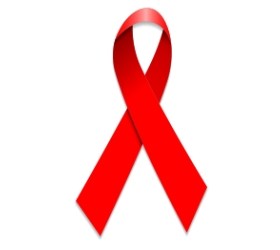
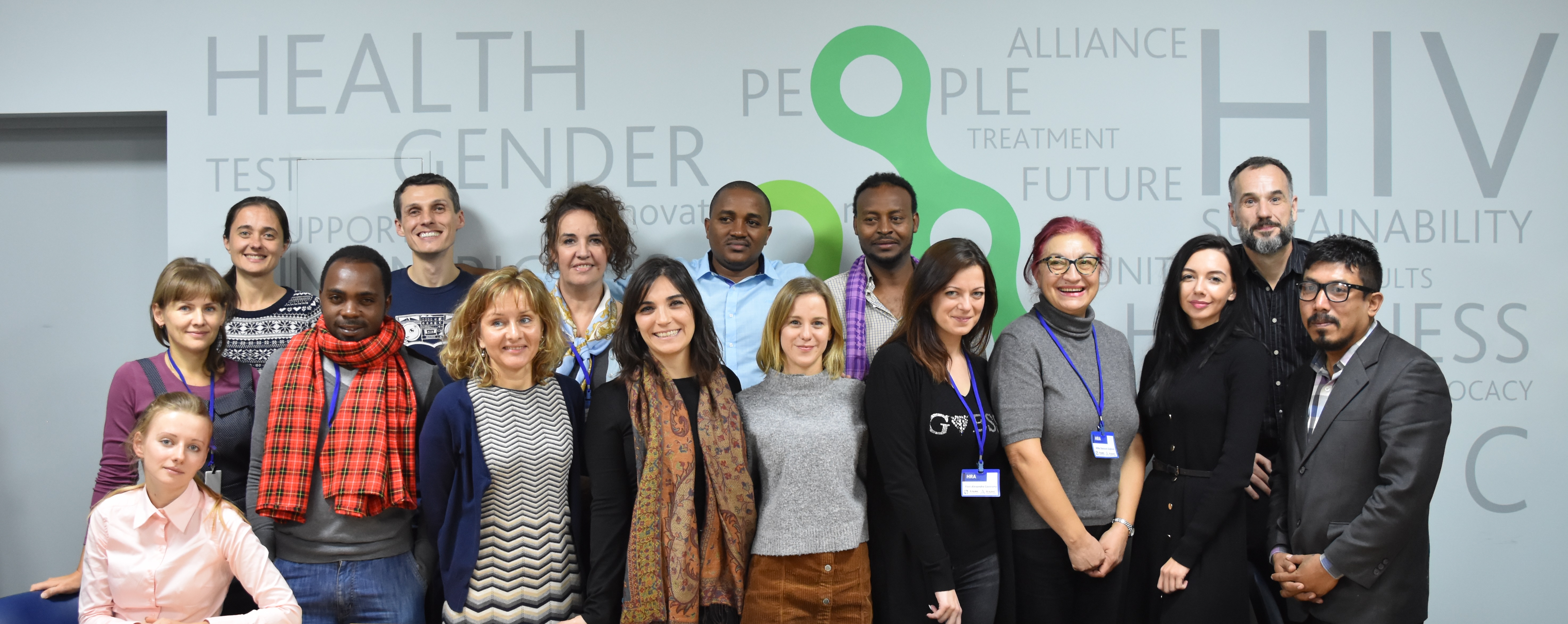




 During the seminar, the specialists got acquainted with the state program “Youth of Ukraine 2016-2020”, the study on the youth situation, the program “Youth worker” and the activities of the Association of Youth Centers.
During the seminar, the specialists got acquainted with the state program “Youth of Ukraine 2016-2020”, the study on the youth situation, the program “Youth worker” and the activities of the Association of Youth Centers. The workshop reviewed the conditions and criteria for funding under the Youth of Ukraine 2016-2020 Program, the competition announcement and financing deadlines, established for each region of Ukraine.
The workshop reviewed the conditions and criteria for funding under the Youth of Ukraine 2016-2020 Program, the competition announcement and financing deadlines, established for each region of Ukraine.